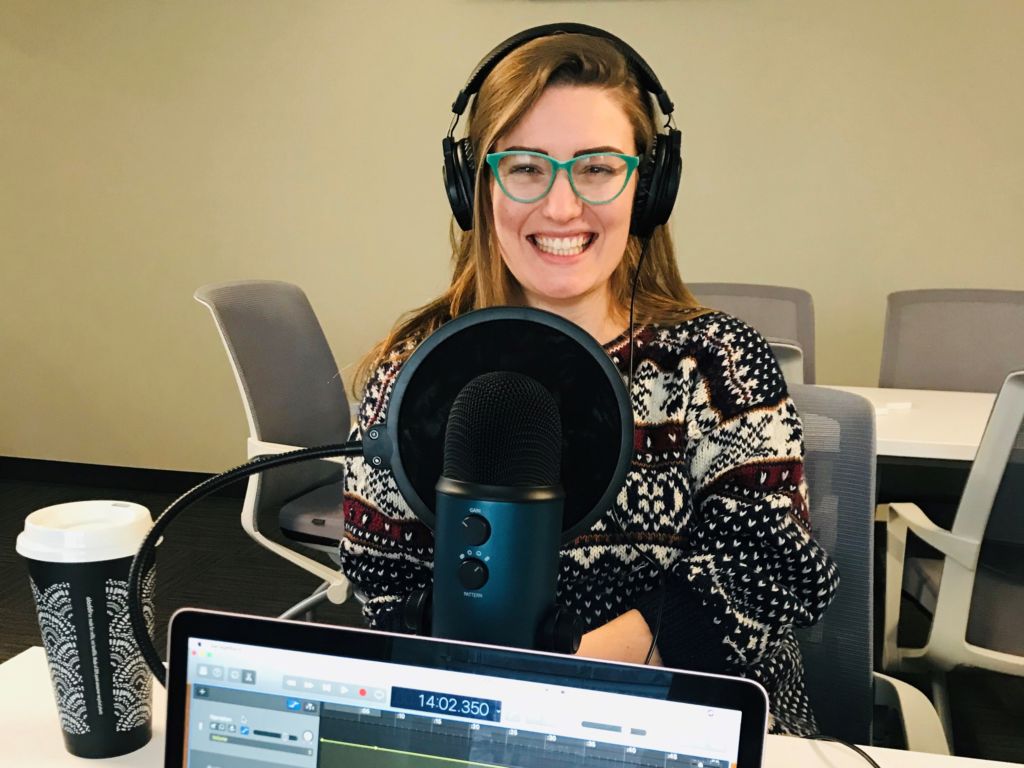Podcast Episode #56: Traveling Postpartum Doulas

Will a postpartum doula travel? Yes, at Gold Coast they do! Today we talk to Kelsey Dean, a Certified Birth and Postpartum Doula, about her experience in California and in Michigan traveling with families as a postpartum doula and what that looks like. You can listen to this complete podcast episode on iTunes or […]

